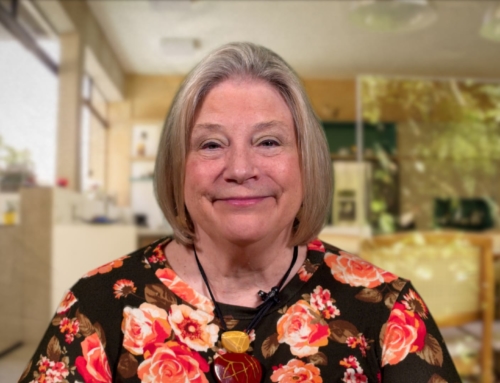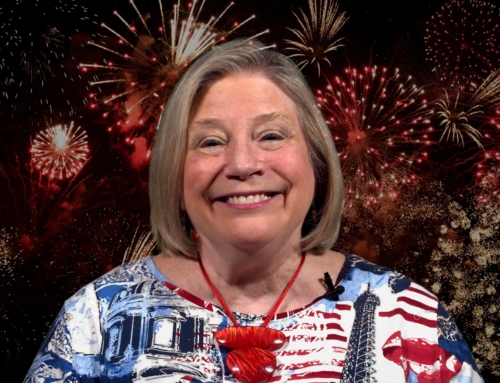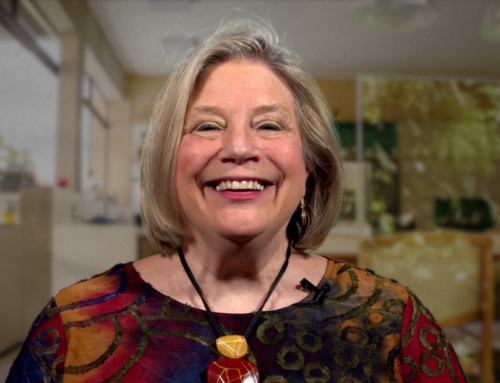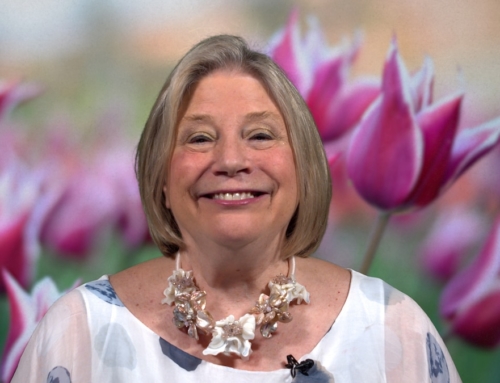Happy 4th of July to YOU!
But what about celebrating our nation’s Independence Day might also be relevant for our work in healing Attachment?
 We are a culture that believes deeply in pulling ourselves up by our bootstraps. This overdeveloped sense of self-efficacy seeps into our families and parenting preferences. Bonnie Badenoch, co-founder of Nurturing the Heart with the Brain in Mind, points out that often people would rather die than reach out, or cling when they are scared. And if one of our clients clings to us, we often feel aversion and have a tendency to reject them and refer them on.
We are a culture that believes deeply in pulling ourselves up by our bootstraps. This overdeveloped sense of self-efficacy seeps into our families and parenting preferences. Bonnie Badenoch, co-founder of Nurturing the Heart with the Brain in Mind, points out that often people would rather die than reach out, or cling when they are scared. And if one of our clients clings to us, we often feel aversion and have a tendency to reject them and refer them on.
Check in with yourself right now. What do you feel when someone approaches you in a clingy way? Be curious about this and continue to explore. What happens inside when you feel clingy yourself?
We cut off our own impulse to cling. Sometimes if a therapist, parent or partner allows the impulse and meets it, the need to cling is honored and resolves because we could contain it and be present for it. Then the client, child or partner is not shamed by it, but comforted in a compassionate way and in a caring presence that heals.
This affects how we, as parents or partners, react to our children’s (or our mates’) neediness and their real needs.
But often we need to allow our clients affected by any of the Attachment disruptions to express their needs. We need to try to meet them in the session when appropriate or through a created Corrective Experience. To be really in balance, we need:
1) A capacity to NEED. Yes, I said NEED. It IS a four letter word, but it’s a good one. We actually should inspire a DEpendence Day celebration in order to correct our hyper (and often stubborn) self-reliance.
 2) A capacity for autonomy and independence, which our culture already underscores. We have been encouraged to be precocious in taking care of ourselves. Self-sufficiency is a capacity, and we also need to separate out and heal the “reactive autonomy” stance that gets in our way of expressing what Dr. Marion Solomon calls “positive dependency.”
2) A capacity for autonomy and independence, which our culture already underscores. We have been encouraged to be precocious in taking care of ourselves. Self-sufficiency is a capacity, and we also need to separate out and heal the “reactive autonomy” stance that gets in our way of expressing what Dr. Marion Solomon calls “positive dependency.”
3) When we have access to our real needs, we can know them and express them in a reasonable way. When we have our natural, age-appropriate autonomy in place, then we have the capacity for INTERdependence – which is realistic and true of all of us.
In my DARe 2 workshop on Creating Healthy Adult Relationships, we explore needs versus autonomy. We see how each Attachment style has a different relationship to needs, from being denied to exaggeration.
Since it is the 4th of July, I want to share one of the exercises we do on needs.
EXERCISE on NEEDS:
Explore your relationship to needs

-
What is your relationship to your needs and to the needs of others?
-
Whose needs are most important?
-
How were your needs responded to as a child?
-
By your Mother and Father?
-
To whom do you need to express your needs more clearly?
-
How are you well-supported or under-supported in your important relationships around your needs, wants and desires?
-
Do you minimize or maximize your needs?
-
Can you list your needs without shame?
-
Do you despise the needs of others?
-
Do you feel superior when not needing anything?
-
Do you over-idealize autonomy?
-
Do you over emphasize your needs to get attention?
-
Do you act needier than you are to try to influence your partner to get more connection?
-
Do you feel chronically undernourished in relation to your needs?
-
Are your needs now insatiable because the root of them comes from deprivation in the past?
-
Are you afraid of punishment if you express your needs?
-
Do you feel expressing your needs will make you a target for aggression or attack?
-
Explore how your relationship to needs relates to your various attachment styles.
I look forward to learning how this exercise was for you and your view between INdependence, DEpendence, and INTERdependence. Please leave your comments below.
Warmly,








